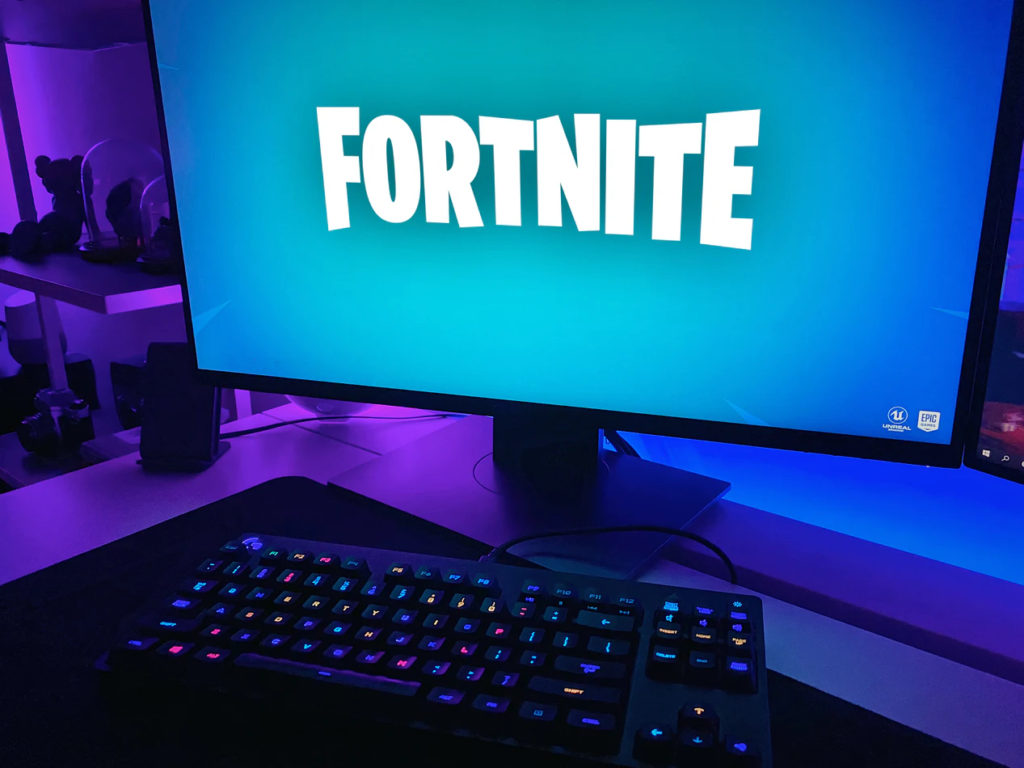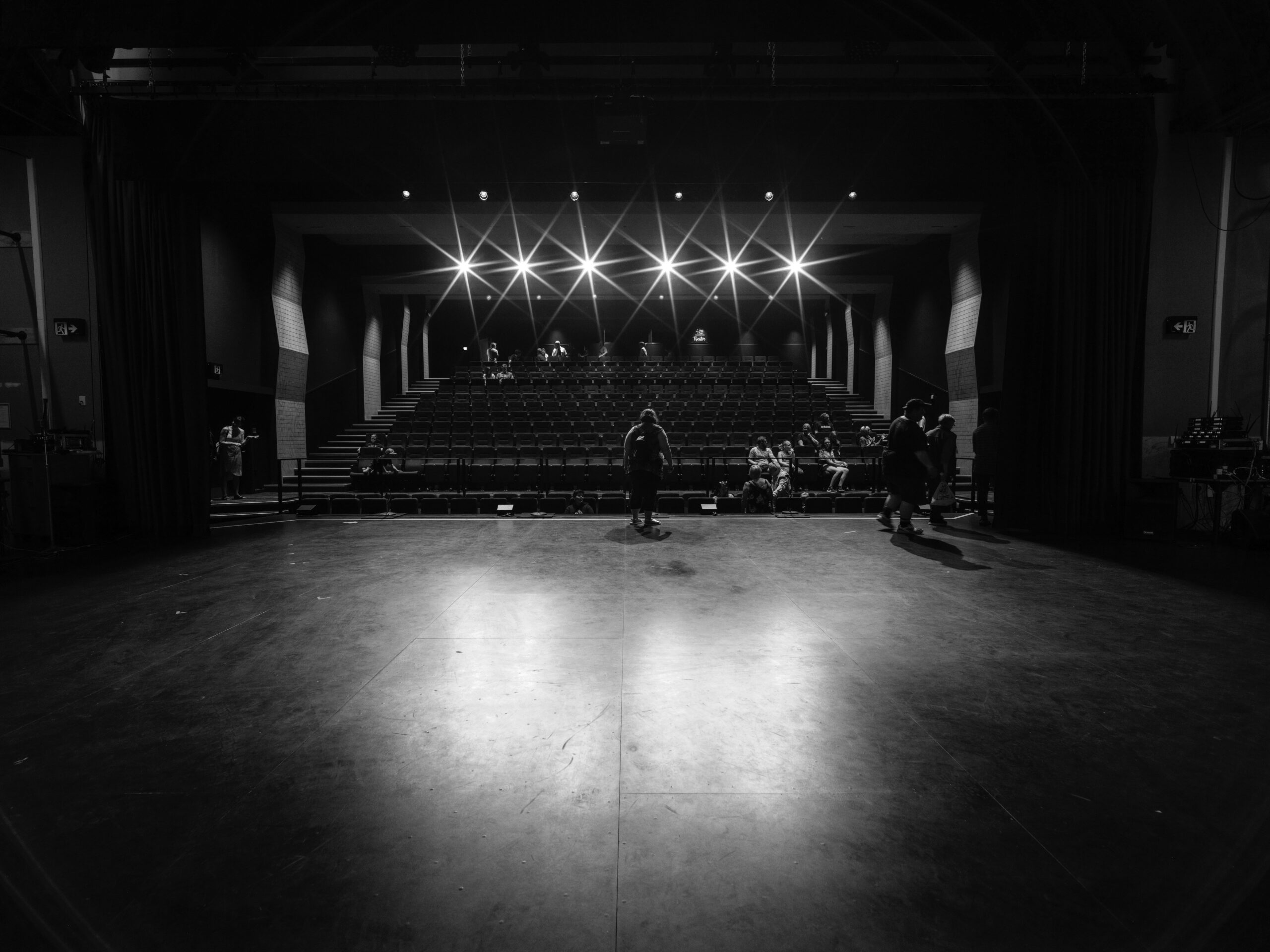
Apple created an App Store to give customers a wide range of apps they can use form their iPhone. Apple takes a 30% standard fee of all in app purchases, in exchange for allowing developers access to the App Store. Epic Games, the creator of the popular Fortnite app, circumvented this 30% fee by offering discounts for Fortnite purchases made directly through their app.1 In response, Apple banned Fortnite from their App Store.2 Epic Games then filed an anti-trust lawsuit against Apple for monopolizing the App Store, thus prompting Apple to completely cut off Epic Games access to the App Store.3 Epic Games then filed to a permanent injunction to be returned to the App Store. However, while the suit played out, Epic Games filed for a temporary restraining order (“TRO”), to temporarily get Fortnite and all other Epic Games back on the App Store.
“A TRO is a legal document issued by a judge before trial that forces or prevents an action for a specified time frame.”4 The courts look at whether there will be irreparable injury unless the order is issued in deciding whether to grant a TRO. This is laid out in FRCP 65 which states that a TRO must state “specific facts in an affidavit or verified complain clearly show that immediate that immediate and irreparable injury, loss, or damage will result to the movant before the adverse party can be heard in opposition.5
The courts have been hesitant to consider purely economic harm to be irreparable.6 However, “ if the nature of the plaintiff’s loss would make damages difficult to calculate,” then a TRO will be granted.7
In Heart 6 Ranch LLC v. Zinke, Defendant solicited offers from Over Snow Vehicles (“OSV”) to bid on contracts to provide OSV services.8 There were 10 such contracts given out and Plaintiff received none of them. However, one of the OSV bidders who was awarded a contract terminated the contract with Defendant. Plaintiff claimed this terminated contract should have been awarded to them. They subsequently filed a TRO. The court denied the TRO saying that “in the absence of special circumstances … recoverable economic losses are not considered irreparable.”9 The court stated further, “[a]t a minimum, an economic harm would have to be ‘“certain, great and actual”’ to constitute irreparable injury,” and “Plaintiff must demonstrate that the economic harm it will suffer is ‘“significant,”’ and ‘“sufficiently severe to warrant emergency relief.”’10
In this case, the Court ruled in part for Apple and in part for Epic Games. They ruled in favor of Epic Games by allowing them to access the App Store, which enables them to have their developers put apps back on the App Store. The Court however, also ruled in favor of Apple by keeping Fortnite off the App Store, thus denying Epic Games from having one of their most popular games on the App Store.
I believe the TRO should have been fully granted in favor of Epic Games. The Courts previously mentioned have laid out that TRO’s are unlikely to be granted for strictly economic loss. This is especially true, when the loss is calculable.11 Apple and Epic Games have the exact dollar amount numbers of how much they have each made from all in-app purchases. It is estimated that Apple made $360 million from Fortnite before they removed it from the App Store.12 Further, over a 30 day period, the game produced $43.4 million in revenue.13 Apple and Epic Games surely have the numbers for all the games they produce and host on their App Store. Thus, the amount of economic loss seemingly would be calculable.
However, as the Zinke court said, “[a]t a minimum, an economic harm would have to be ‘“certain, great and actual”’ to constitute irreparable injury.”14 Certain, great and actual harm would absolutely occur if Fortnite was kept off the App Store for an extended period of time. Fortnite is one of Epic Games’ most popular apps. Players have spent $1.2 billion on in game purchases.15 In addition, the harm Epic Games would incur goes beyond economic. Keeping Fortnite off the App Store opens competitors up to popularize their competing Games. This can hurt the Epic Games and Fortnite brand beyond just a dollars and cents analysis. Thus, the court should have granted the full TRO in favor of Epic Games.
The court erred in not granting Epic Games the TRO, as Epic Games will suffer immense economic and non-economic harm by having Fortnite off the App Store through the trial to come.
Michael Levi is a Second Year law Student at the Benjamin N. Cardozo School of Law and a Staff Editor at the Cardozo Arts & Entertainment Law Journal.
- Nick Statt, Apple just kicked Fortnite off the App Store, The verge (Aug. 13, 2020, 2:59 PM). https://www.theverge.com/2020/8/13/21366259/epic-fortnite-vbucks-mega-drop-discount-iphone-android.
- Id.
- Samit Sarkar, Epic games’ Fortnite legal battle with Apple and Google, explained Polygon (Aug. 25, 2020, 5:54 PM). https://www.polygon.com/2020/8/17/21372119/fortnite-apple-google-sued-epic-games-lawsuit.
- Winston & Strawn LLP, What is a Temporary Restraining Order (TRO)? https://www.winston.com/en/legal-glossary/temporary-restraining- order.html#:~:text=A%20temporary%20restraining%20order%20(TRO)%20is%20a%20legal%20document%20issued,infringement%20in%20the%20short%20term.
- Note 5: Fed. R. Civ. P. 65.
- Kaito Eng’g, Inc. v. Hanley, 367 F.Supp.3d 918 (D.Minn. Sept. 11, 2018); See also Juracek v. City of Detroit 994 F.Supp.2d 853 (U.S.D.C. 2014) “It is well established that a plaintiff’s harm is not irreparable if it is fully compensable by money damages.”).
- Id. at 860.
- Heart 6 Ranch LLC v. Zinke, 285 F.Supp.3d 135 (D.C. Cir. Jan. 4, 2018)
- Note 9: Id.
- Id.
- See Juracek 994 F.Supp.2d 853.
- Jon Fingas, Apple earned $360 million from Fortnite before pulling the plug, Android Authority (Aug. 14, 2020). https://www.androidauthority.com/apple-fortnite-ios-revenue-1148204/#:~:text=Apple%20is%20estimated%20to%20have,the%20game%20over%20that%20period.
- Id.
- See Zinke, 285 F.Supp.3d at 143.
- Supra note 12.



